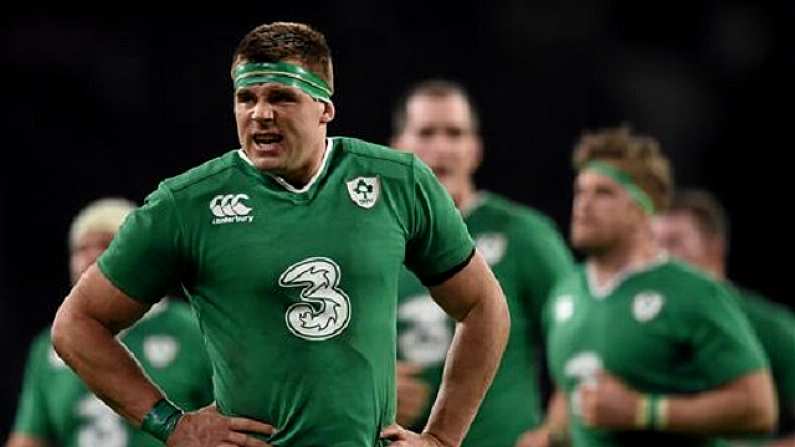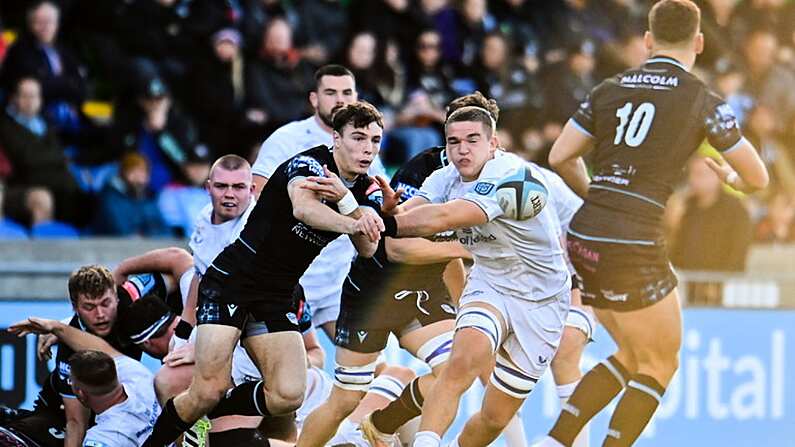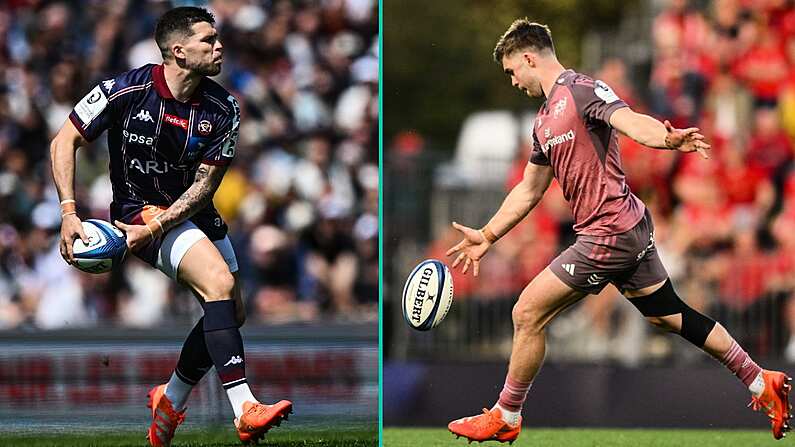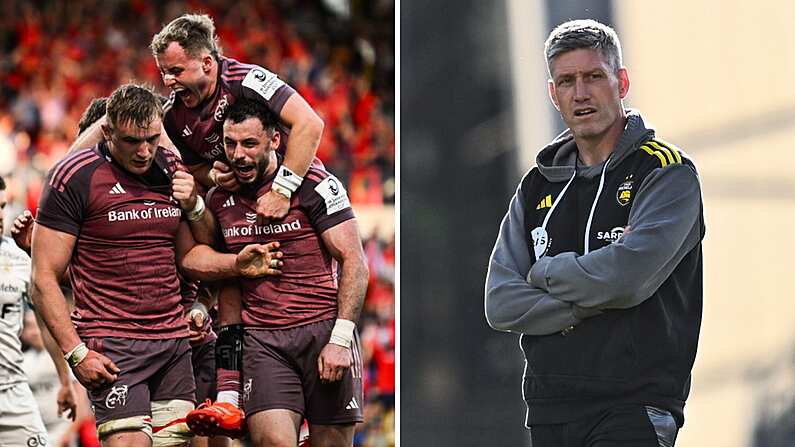A study of rugby statistics by New Zealand-based website Stuff.co.nz has revealed the rather depressing gulf in attacking quality between the two hemispheres.
Using figures compiled by Stuff statistician Andy Fryers, Kiwi sports scribe Kevin Norquay has outlined how and why Super Rugby has already left this season's Six Nations championship in its rear-view in terms of entertainment.
Norquay says:
Super Rugby is as exciting as Piha Beach in full surf rage, whereas the Six Nations is akin to mangrove-riddled mudflats with the tide out and a 2km to reach salt water above the ankles.
We have no idea what this means.
However, he does also pose a question which perhaps reflects the oft-publicised sentiments towards the sub-species of the sport that northern hemisphere rugby has devolved to in the past decade:
What game would you rather see then: France 10, Ireland 9 with one try, or Jaguares 34, Cheetahs 33 with eight?
https://www.youtube.com/watch?v=ZGBjIXXd9P4
There were 53 tries scored in the opening round of Super Rugby, at an average of almost six per game. In the first nine games of Six Nations, there were just 30 tries scored, bringing the championship's average to just over three per game.
Norquay and Fryers pinpoint one massive difference in approach play which, according to their stats, has become an epidemic - not exclusive to Joe Schmidt's Ireland as often mooted, but across the board in Europe: the distinct lack of offloads.
In the entire Six Nations this season, there has been one offload completed between all of the championship's out-halves - this by Italy's Jules Plisson against France in the opening round. Chiefs 10 Aaron Cruden topped that in one game in the opening weekend of Super Rugby, and he did it against a rigid Crusaders defensive line.
To put this into further perspective, Cruden, along with Tusi Pisi of the Sunwolves and Fred Zeilinga of the Cheetahs, each individually produced twice as many offloads in the opening round of Super Rugby than all the 10s in the opening nine games of the Six Nations combined.
In one round of Super Rugby, out-halves offloaded the ball a total of 11 times. Southern 10s also opted to run or pass as opposed to kick over eight times out of ten on average, compared to 67 per cent of the time in the Six Nations.
Up north, there has been an average of nearly 64 kicks per game. Down Under, the boot went to ball 38 times on average - less than once every two minutes.
...If you like tackles, trench-warfare style attack, rucks, kicks and players passing the ball around with no apparent gain of territory then, Ladies and Gentlemen, we present to you the Six Nations,
says Norquay.
If offloads, long runs, line breaks, tries and backlines set alight by a first-five whose first thought is attack, not putting up a kick, then you'd probably prefer Super Rugby.
Fryers produces further numbers which certainly align with the routine mundaneness of modern-day Six Nations rugby when contrasted with the frenetic end-to-end game Down Under.
He finds that in the respective opening rounds alone, Super Rugby games ran for 858 metres, compared with 699 in Six Nations. Super rugby also produced almost twice as many offloads, with 20.7 to the Six Nations' 11.1, and seven more clean breaks (16.9 to 10.2). Southerners also beat nine more tacklers (39.3 to 30.6).
Perhaps aware of potential online bastardisation from the likes of our good selves, Norquay points out that the drier pitches and conditions in the south are more conducive to a running game, which isn't often the case across Europe between February and March:
To be fair to those who invented the game, the weather in the Six Nations is not so much tailored to running rugby, and the need to win is much greater, it's a short season with little time to recover from disaster.
All of a sudden that surfing analogy makes sense. Bit of a dag, this bloke.
But in truth, even the most fervent of 'There's no defence in Super Rugby'-merchants, sipping what the Kiwi describes as 'warm beers', will find it hard to argue with Stuff's findings. They're certainly reflective of the excruciatingly blunt, soggy halfway-line rugby we're now forced to endure in big European fixtures - particularly at international level.Stuff's findings. They're certainly reflective of the excruciatingly blunt, soggy halfway-line rugby we're now forced to endure in big European fixtures - particularly at international level.
Maybe Ross O'Carroll-Kelly can introduce the Kiwis to something called the Leinster Schools Senior Cup.
Via Kevin Noquay, Andy Fryers and Stuff.co.nz.














